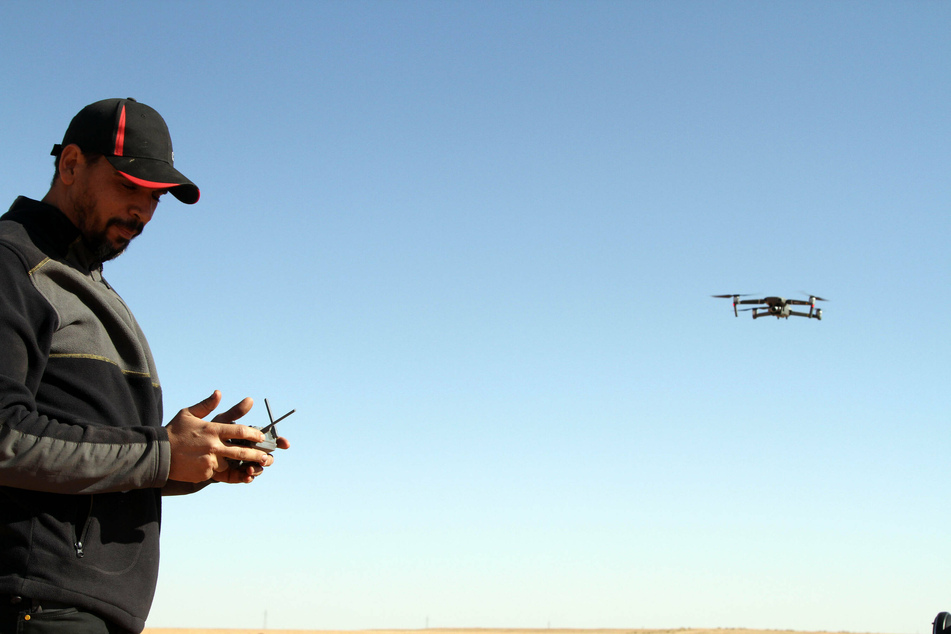"Fire, forget, and find": Kamikaze drones are already a thing in Libya
Tripoli, Libya - Libyan troops used new drones that don't require connection to their handlers in order to dive bomb and blow up rival forces. These advances in technology have turned the same drones that anyone can buy into killing machines.

The rules of war may need to be re-written, according to a report by Popular Mechanics. But how can governments and their militaries be more accountable when advances in technology are literally wiping out troops before an order is given?
Zachary Kallenborn, a national security consultant and scientist for the US Army, told Pop Mech that the biggest problem governments will face in regulating autonomous weapons has already arrived in the form of suicide drones.
Because the weapons destroy themselves, little evidence is left to confirm their use other than the carnage they left behind.
The systems have been pitched as "fire, forget, and find". This means an operator will load coordinates onto the drone, watch the drone fly off, and trust that when the device reaches the coordinates it will dive and explode.
In the case making headlines, Turkey supplied Kargu-2 drones to Government of National Accord (GNA) forces in Libya. The Kargu-2 is a quadcopter drone meant to carry weapons, and blow up itself.
GNA used the drones against enemy troops commanded by Libyan Field Marshal Khalifa Haftar after already sending them into retreat.
The startling element is that the drones did not require a data connection with their operators to attack and detonate. Once they were sent on their way, the lack of connection meant there was no chance to call them off at any point.
Turkey's decision to supply the drones to GNA forces violated a UN arms embargo, which adds further fuels international scrutiny of the case.
Because these machines are so similar to civilian drones, and are only different in terms of software, Pop Mech posed a disturbing question: "Could military forces modify civilian drones into human-hunting counterparts to attack civilians?"
Let's hope we never have to find out.
Cover photo: IMAGO / Xinhua